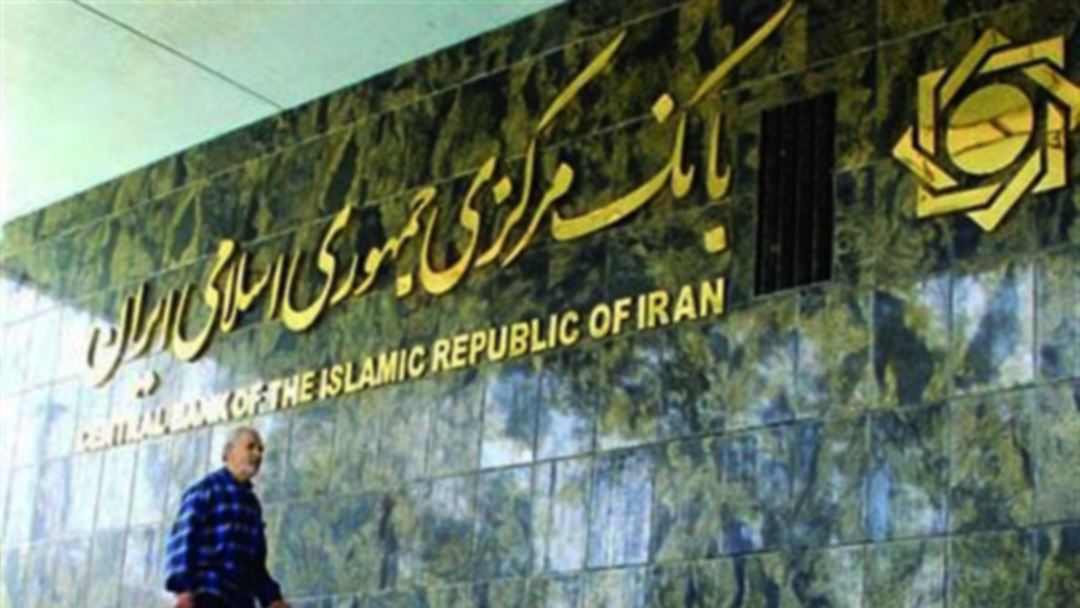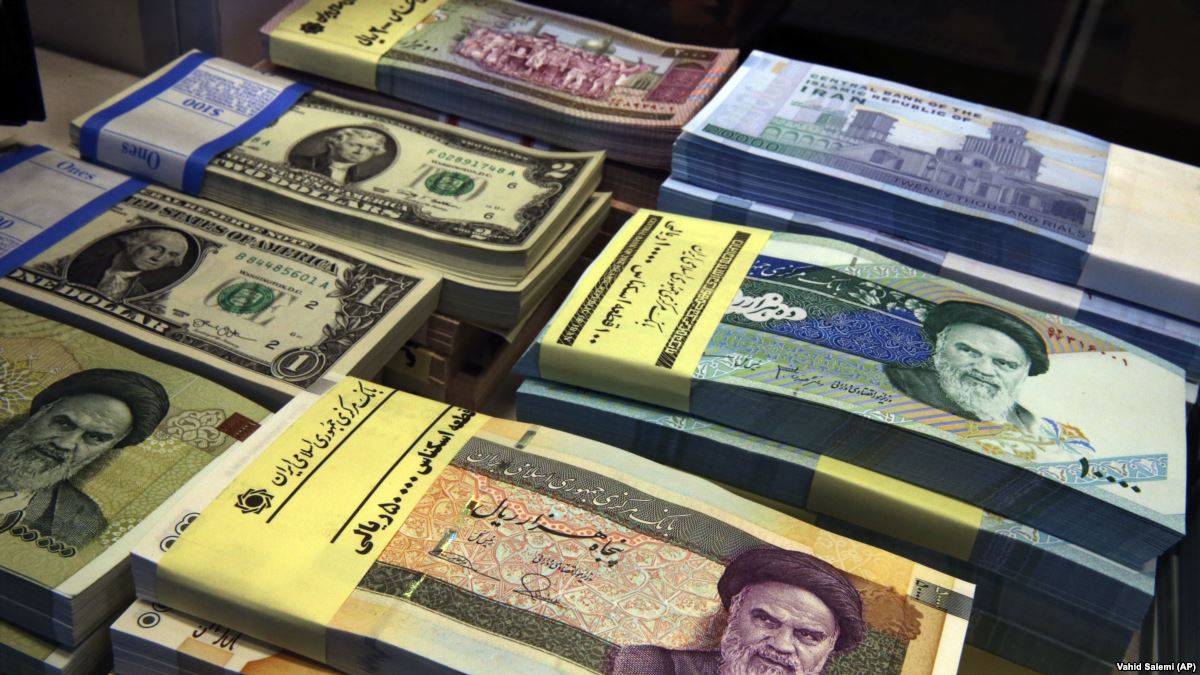
In detailed talks with Seyyed Ali Manizadeh, Professor at Sharif University, Shargh Newspaper has discussed the new bill to reform the monetary and banking system. If passed, the bill will create independence and transparency in a system which currently has the Central Bank relying on the government. Dr. Manizadeh points out that although in some periods, the inflation rates have hovered in the single digits, whenever the government has been faced with liquidity problems, they have had full access to the monetary base. Either banks have been forced to purchase government resources or the government has issued bonds whose guarantor has been banks. In practice, this has transferred the government’s debt from contractors to the banks. On the other hand, since the Central Bank is led by a single person rather than a board, the government has direct access in determining the management of the Central Bank every five years. In order to severe this dependency, changing the management structure of the Central Bank is essential. Furthermore, in order to prevent conflicts of interests in decisions made by the Central Bank, especially in cases where banks could be reprimanded or shut down, the new bill prevents Central Bank officials and their close families in owning shares or taking positions in other credit and financial institutions. In addition, monetary policy makers cannot have previously been credit users. For example, previous ministers would be disqualified as they have an unconscious interest in using banking resources with the lowest possible rates; an idea which can lead to the destabilization of the monetary system.
Read the original article



